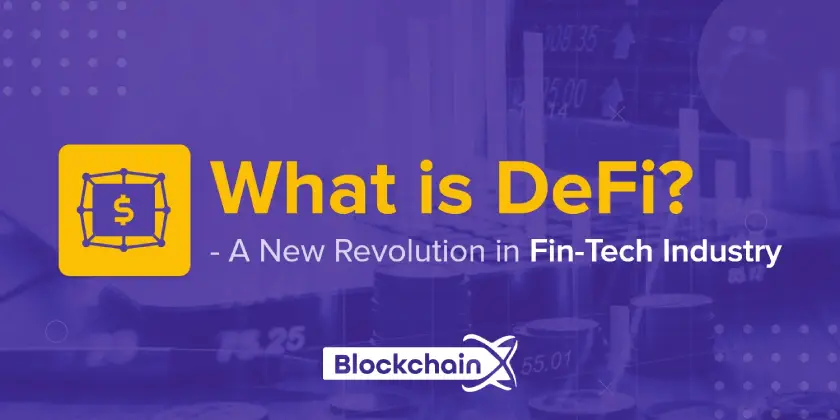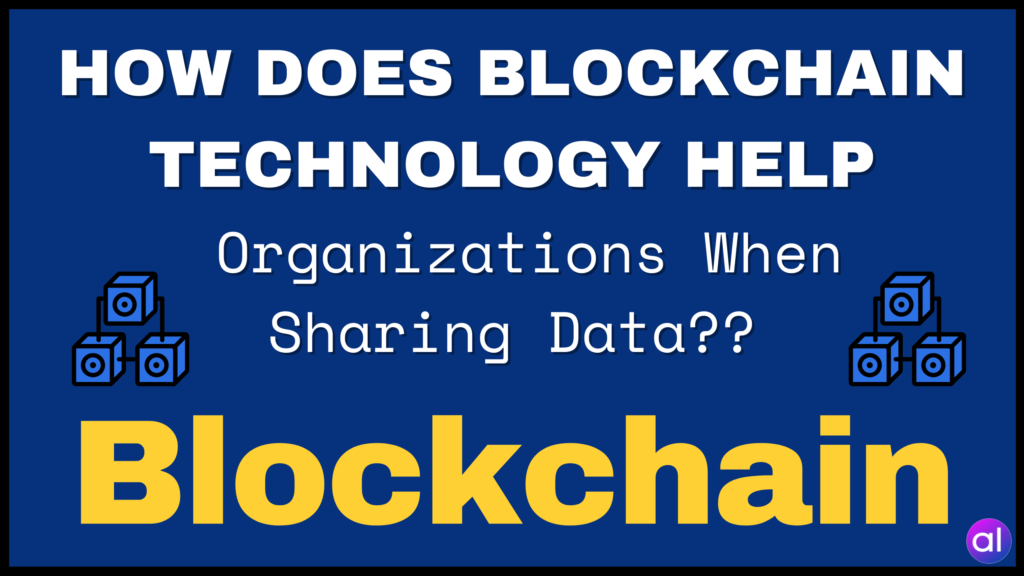
The Know- what DeFi is
DeFi has been the talk of the town lately, creating a buzz in the financial market just two years after its launch. This decentralized system aims to eliminate intermediaries, making financial services accessible to all individuals. Let’s delve deeper into this revolutionary concept in the following blog.
Decentralized Finance Protocol, commonly known as DeFi, is gaining significant attention in the cryptocurrency space. It involves automated enforceable agreements known as smart contracts, eliminating the need for intermediaries like banks or financial institutions.
Often referred to as ‘lego money,’ DeFi allows users to stack decentralized applications (dApps) to maximize returns. While current dApps may be niche, future applications could have a profound impact on everyday life.
What is DeFi?
DeFi stands for “Decentralized Finance” and encompasses various cryptocurrency and blockchain applications aimed at disrupting the centralized financial system. Unlike traditional finance, DeFi operates on blockchain technology, offering a more transparent and efficient way to manage financial transactions.
DeFi allows users to control their assets directly without relying on intermediaries, providing a more secure and efficient financial ecosystem. By leveraging blockchain technology, DeFi expands the possibilities of financial transactions beyond traditional payment methods.
Rise of DeFi
Many DeFi applications are built on the Ethereum platform, the world’s second-largest cryptocurrency network. This marks a significant step in the evolution of financial technology, starting with Bitcoin’s emergence over a decade ago. DeFi applications operate peer-to-peer without the need for centralized institutions.
Bitcoin revolutionized financial systems by offering a secure, cost-effective, and efficient means of transferring money through innovative data technology. DeFi builds on this foundation to transform traditional financial practices into a decentralized digital age.
Decentralized Finance has gained prominence in recent years, providing users with access to a wide range of financial services, including loans, savings accounts, and trading, in a secure and efficient manner.
DeFi encompasses various applications, including decentralized exchanges (DEXs), stablecoins, and lending platforms, offering users greater control over their assets and financial transactions.
What is the DeFi offering?
Decentralized Finance empowers users to take control of their assets, ensuring transparency and security in financial transactions. By leveraging blockchain technology and decentralization, DeFi eliminates the need for intermediaries, giving users complete control over their funds.
DeFi offers a promising future for financial app developers looking to innovate through decentralized money exchange systems. With open-source protocols, developers can create new financial products on top of existing platforms, fostering innovation and collaboration in the financial market.
Users can securely store, trade, exchange, and invest their assets through blockchain technology, earning higher returns compared to traditional financial systems. With decentralized finance, users have complete control over their investments without relying on intermediaries.
Core Benefits of DeFi
Decentralized Finance provides easy access to financial services for individuals excluded from traditional financial systems. Its modular framework allows for the development of new products and services, fostering innovation and growth in the financial market.
DeFi applications do not require intermediaries, offering users full control over their funds at all times. By eliminating intermediaries, DeFi reduces costs and enhances the security and efficiency of financial transactions.
DeFi apps can be easily built and customized, providing a secure framework for creating new financial products. The open ecosystem of DeFi enables greater access to financial services for individuals who may not have access in traditional financial systems.
The surge in DeFi investments can be attributed to the potential for explosive growth and the desire to participate in a more decentralized financial system. As we transition towards a more liberalized and decentralized financial system, DeFi offers a promising future for decentralized financial services.



